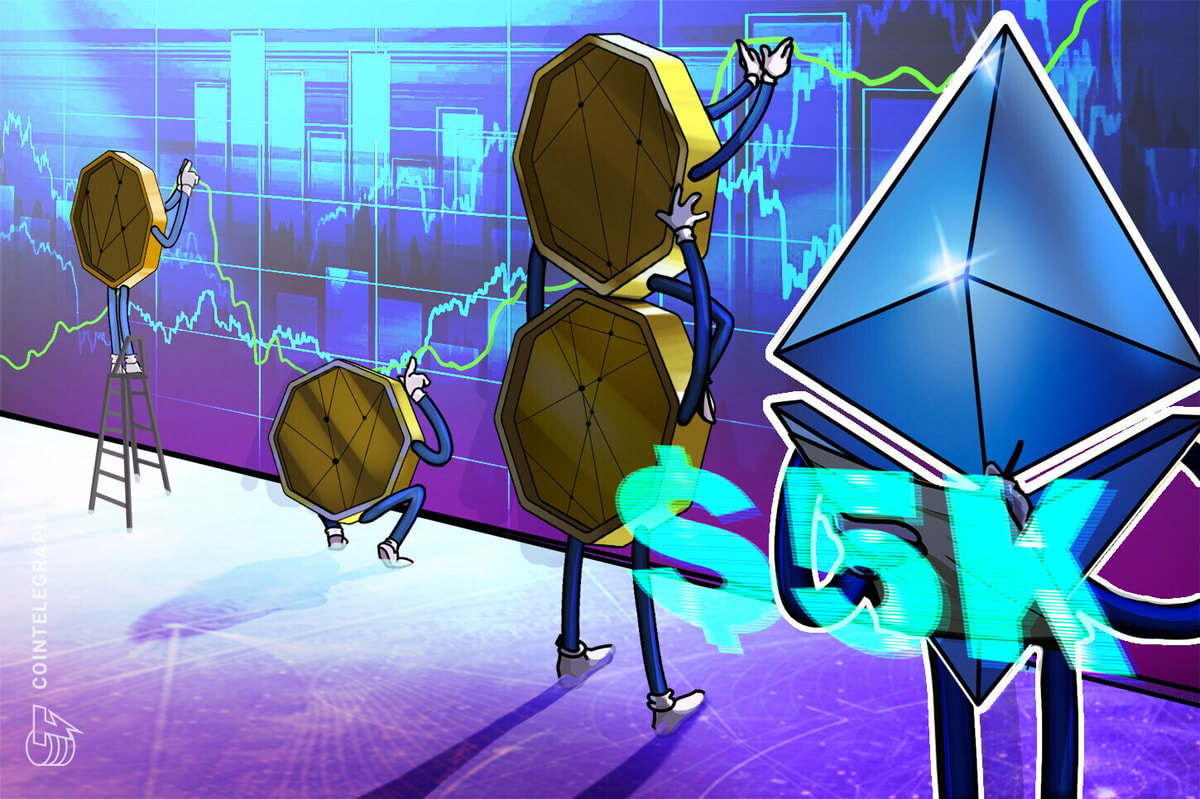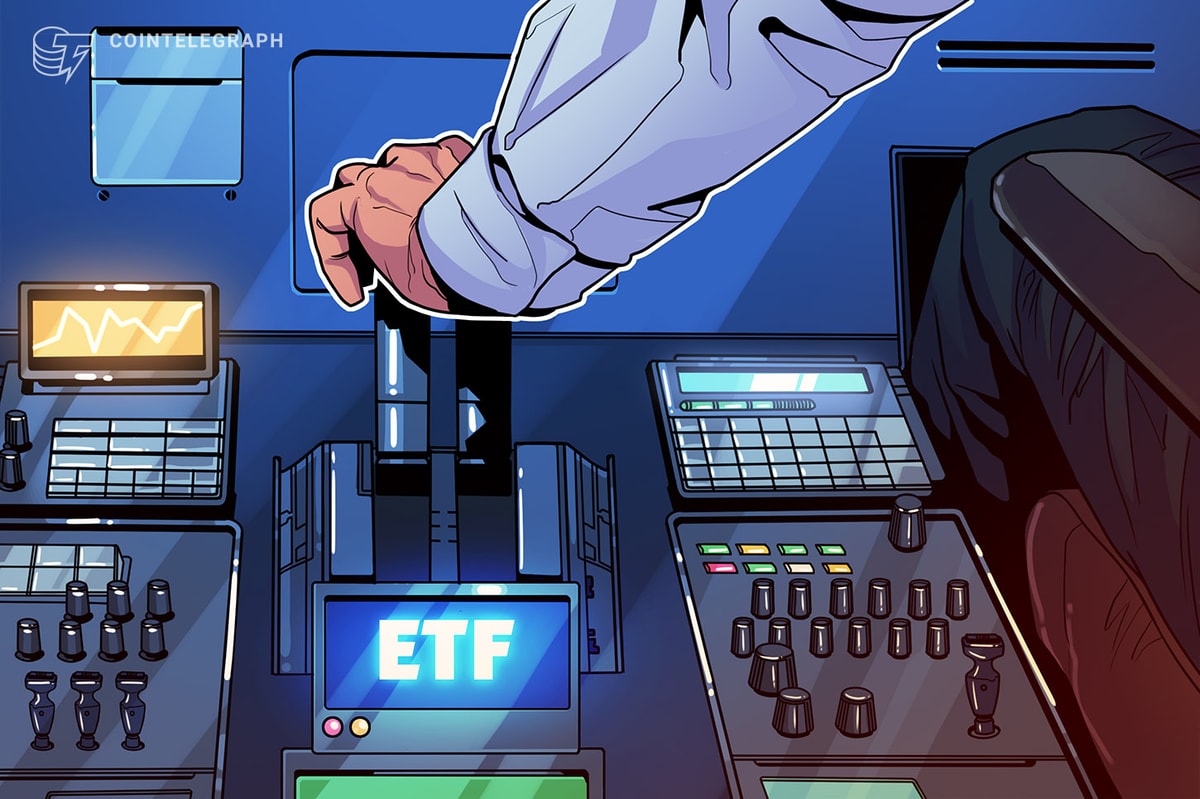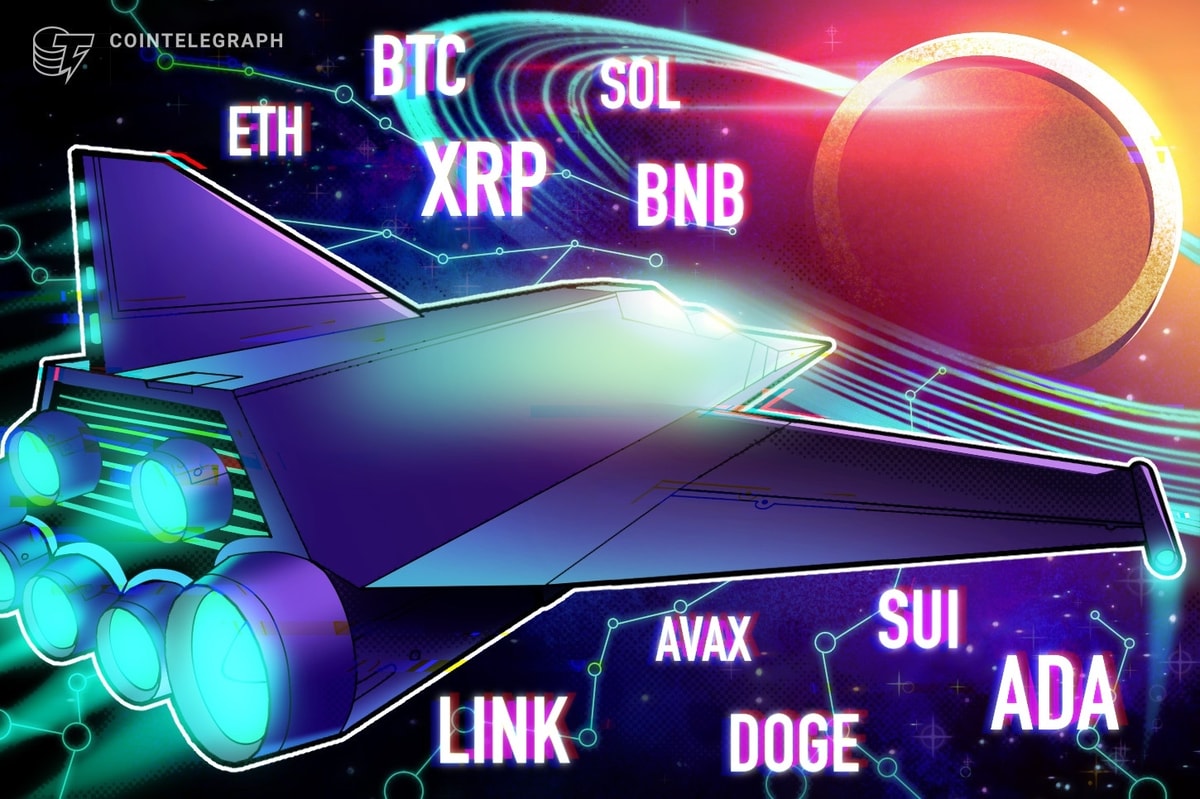Governance attacks are not unusual for Web3. Attackers typically exploit vulnerabilities in the governance system to gain control of the voting process and access to funds. Curve Finance, PancakeSwap, Badger DAO, and the recent Compound incident are just a few of the projects that have suffered damage over the years.
Improved security measures and governance designs to avoid such catastrophic events were the main topics of the Cointelegraph X Spaces discussion, which was joined by Martin Schmidt and Nicolas Biagosch, co-initiators of Q Protocol.
— Cointelegraph (@Cointelegraph) July 31, 2024
“What we’re seeing right now is not that the existing infrastructure is being used in a very bad way,“ said Biagosch, “it’s more that an essential piece is missing. Over 90 percent of all human and especially economic activity requires some kind of interpretation, it’s subjective in some way. It cannot be handled by blockchain or smart contracts alone. Current governance systems suffer from centralization and very crude decision-making. That’s why we’re building Q.“
Customizable governance
The Q Protocol, an EVM-compatible blockchain for governance, acts as a “digital jurisdiction“ where users can set their own rules and enforce them in a decentralized way. The project is backed by Greenfield Capital, HashKey Capital, and Deutsche Telekom.
Biagosch pointed to Ethereum, where the underlying infrastructure provides shared transaction security. “We’re thinking about governance in the same way,“ he said. Even in decentralized protocols, decisions like code upgrades often fall to a few people. Q aims to address this by providing shared governance security and acting as a neutral platform for enforcing rules.
Meanwhile, Schmidt outlined the basic elements of the Q protocol. He started with the ruleset, called the “constitution,“ which acts as a contract between all stakeholders, ensuring legal finality. Schmidt emphasized the legal engineering involved in drafting this contract to prevent it from being overturned by the courts. Importantly, protocols using Q’s governance features can customize their own constitutions or use standard templates.
Applications can integrate with Q natively or across chains, receiving governance security in exchange for governance fees in Q tokens. “You don’t necessarily have to build natively on layer-1, the Q layer,“ Biagosch clarified, highlighting Q’s cross-chain messaging capabilities. “One of our tools, the DAO Factory, allows you to build your DAO, including a DAO constitution, in less than five minutes,“ Schmidt added.
Enforcement ties into the technological aspect, with root nodes operated by individuals and institutions with specific skills. “There are currently 27 root nodes in 14 different jurisdictions on six continents. They are run by lawyers, infrastructure providers, academics from institutions like MIT, VCs, infrastructure providers, etc.,“ Schmidt explained. The nodes interpret rules and translate them into onchain actions such as slashing or veto rights.
Dispute resolution is also built into the protocol. In cases of conflict or disagreement with root node decisions, the Q protocol links to offchain dispute resolution through the International Chamber of Commerce’s Court of Arbitration. Schmidt highlighted the ICC’s reputation as the world’s most respected arbitration organization, whose decisions can be translated onchain by the root nodes.
A more trustworthy Web3 ecosystem
In terms of security, Biagosch emphasized that on Q, code upgrades are executed in a decentralized way without administrative keys. “Admin keys bring risks of centralization and regulation. You could immediately increase the value of your project significantly by getting rid of them,“ he said.
Another aspect Biagosch touched on was treasury management. Q enables the prevention of treasury exploits and facilitates efficient spending through decentralized panels of experts. The speaker questioned the notion of equal decision-making power in DAOs: “One of the examples is that every tokenholder in a DAO has equal rights to decide everything equally well, which is silly. For certain types of questions, the majority of people are definitely better at deciding than experts, while some questions require domain expertise. With a system we call decentralized expert panels, you can really organize any question you want.“
At the heart of the Q Protocol's functionality is the Q token, QGOV, the driving force behind the platform's governance, security, and functionality. QGOV tokens are used to pay transaction fees on the network and can be used in many of the applications that build on Q. QGOV token holders receive a share of the governance fees paid by other protocols and projects that build on Q or use Q’s governance capabilities.
Q’s governance fees are different from other protocols that rely on static transaction fees. “We’re anchoring the economic security of the Q protocol, the rewards, and the value of the whole protocol in actual real benefits and value creation at the application layer. Q is the only protocol doing that,“ Biagosch said. This value-driven model creates a “virtuous cycle“ in which each new application that uses Q’s governance features increases the robustness and security of the overall system, attracting more users and further increasing the value to existing participants. According to the speakers, more than 25 applications and protocols already use Q's paid governance services.
Becoming a validator node on Q is not difficult, especially if a user has validated on other EVM-compatible blockchains. “It doesn’t require any unusual infrastructure setup or complicated tools,“ Schmidt remarked. Validators receive rewards for their participation. Tokenholders can also contribute to network security by delegating their Q tokens to validator nodes.
For Q, one of the goals is to develop more standard products and features that offer both customizable and out-of-the-box solutions for governance needs. “You can then either iterate on them if you want something bespoke, build it yourself, or we can help you build it, or just take it as a really simple starting point for integration,“ Biagosch concluded.
“Just installing simple things on top of a solid framework makes a huge difference,“ Schmidt added, “Having an extra layer on top of the security you already have makes it much harder to corrupt the system.“
Disclaimer. Cointelegraph does not endorse any content or product on this page. While we aim at providing you with all important information that we could obtain in this sponsored article, readers should do their own research before taking any actions related to the company and carry full responsibility for their decisions, nor can this article be considered as investment advice.












